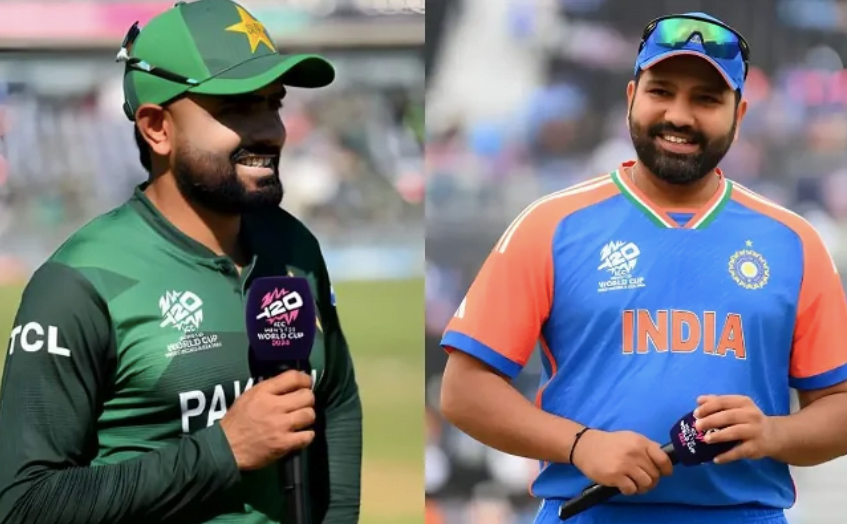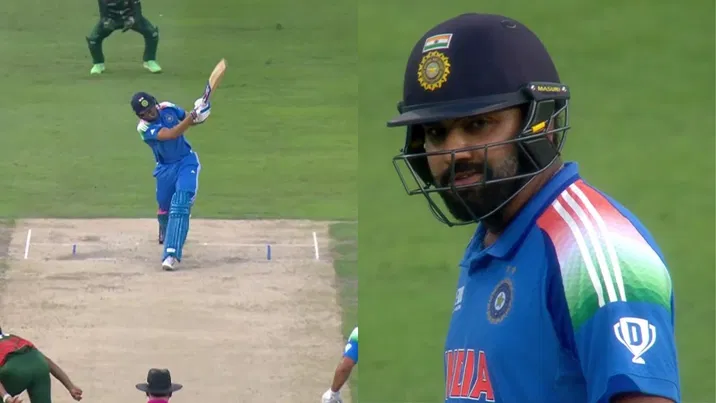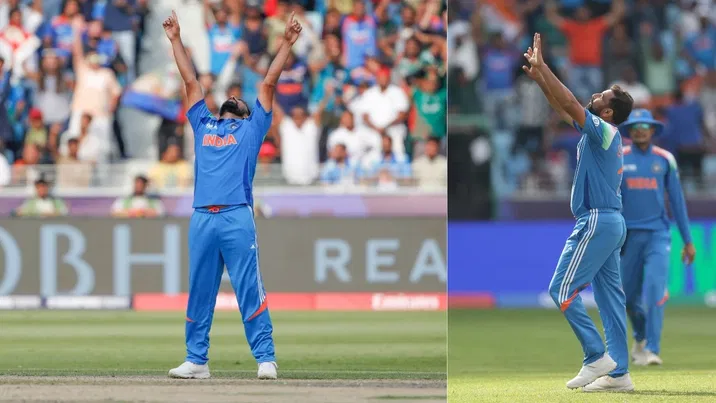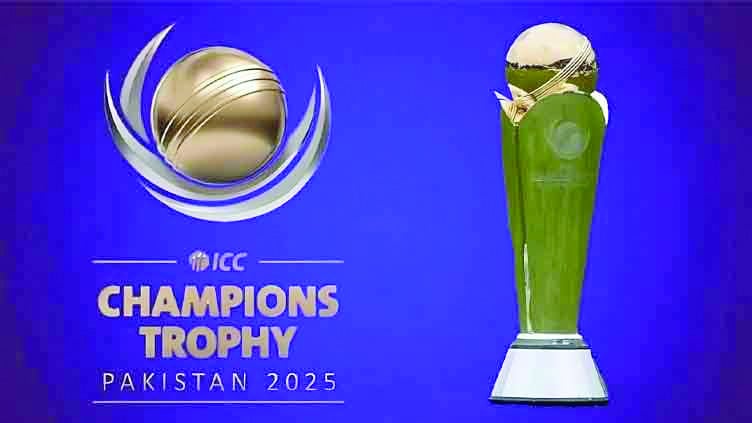
(Source X)
Former Pakistan cricketer Atiq-uz-Zaman praised India for clinching their second T20 World Cup title with a seven-run victory over South Africa in the final. India posted 176/7 and restricted South Africa to 169/8, highlighted by a crucial 24-run over by Axar Patel in the 15th over that tilted the game in India’s favor.
Zaman commended Rohit Sharma and the Indian team while criticizing Babar Azam’s Pakistan team, which exited the tournament in the group stage. He called on PCB chief Mohsin Naqvi to take action to rejuvenate Pakistan cricket and remove underperforming elements.
Ex-cricketer criticizes Babar Azam’s Pakistan team following India’s World Cup victory.
“When everyone is honest, selected on merit, play for the badge on the chest, and play to win, they become champions. Rohit Sharma is a class leader. Dear @TheRealPCB and @MohsinnaqviC42 sahab, save Pakistan cricket from the rotten eggs. Learn from India. Watch their emotions,” Zaman said.
In his subsequent commentary, he highlighted the contrasting team dynamics. He noted that Pakistani players are more focused on individual ambitions for captaincy, whereas the Indian team thrives on collective success and camaraderie.
“Hamarey players Kaptani kai liye rorahai hain. Indian players World Cup jeet kai rorahai hain. Yeah hota hai Jazba,” he wrote further.
Atiq-uz-Zaman, the former Pakistan cricketer, continued his critique by contrasting Pakistan’s coaching system unfavorably with India’s. He pointed out that Indian Prime Minister Narendra Modi had conversations with Rahul Dravid, Rohit Sharma, and Virat Kohli following their World Cup triumph. The retirement announcements of Rohit and Kohli from T20Is were followed by Ravindra Jadeja’s retirement on June 30.
Zaman’s remarks underscored the deficiencies in Pakistan’s coaching mentality. He highlighted the appointment of Gary Kirsten as Pakistan’s coach ahead of the T20 World Cup. Despite Kirsten’s efforts, he faced challenges with players allegedly not adhering to his coaching methods and accusations of internal biases and factions within the team. Pakistan’s disappointing performance in the group stage, including losses to the USA and India, culminated in their elimination from the tournament.




